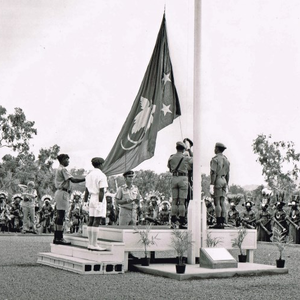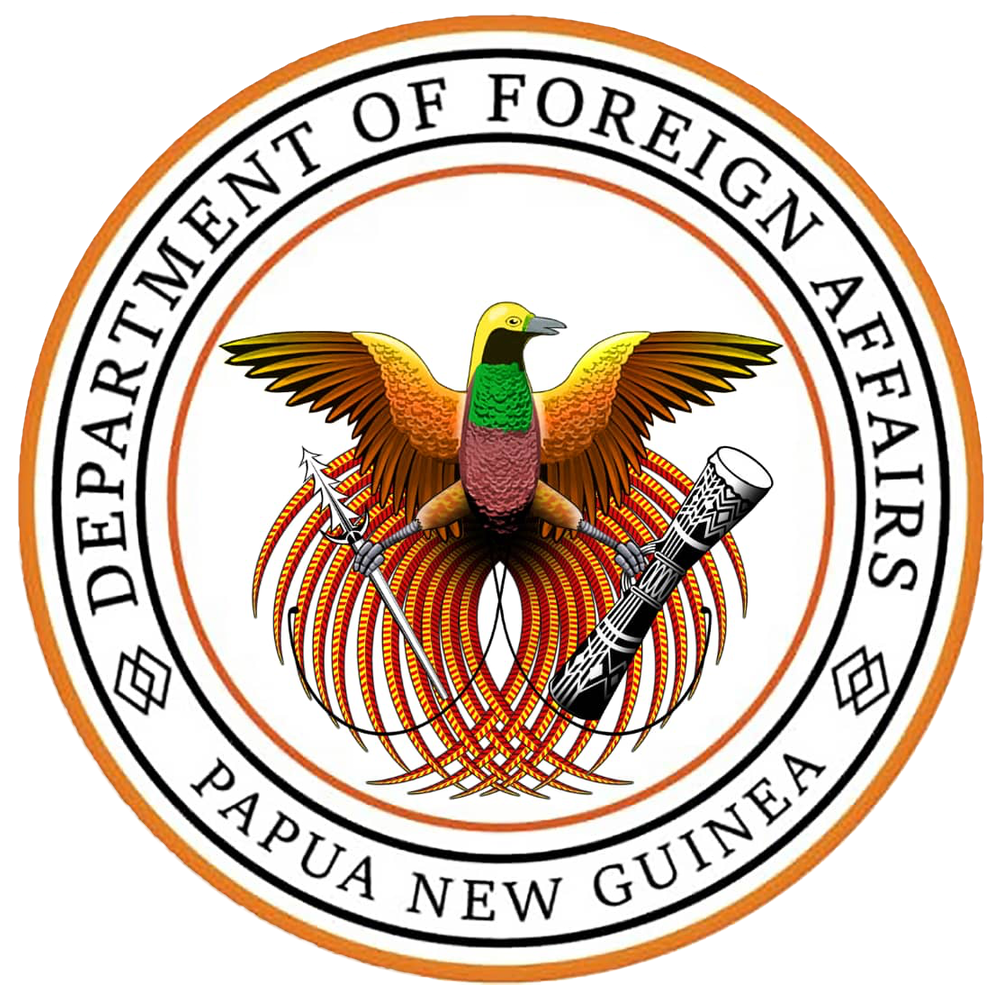About PNG: History
The history of Papua New Guinea (PNG) is marked by a rich tapestry of diverse cultures, colonization, World War II engagements, and the eventual journey to independence. Indigenous peoples have inhabited the region for thousands of years, with a multitude of distinct ethnic groups and languages shaping the country's cultural mosaic.
European exploration in the 16th century brought the first encounters between the indigenous populations and European explorers. Dutch and Spanish explorers were among the early arrivals, but it was in the 19th century that significant European influence began. British and German interests in the region led to the division of Papua (the southeastern part) between Britain and Australia, and New Guinea (the northern part) became a German colony.
World War I brought about a shift in colonial control, with Australian forces capturing German New Guinea. After the war, the League of Nations mandated Australia to administer the territory. During World War II, Papua New Guinea became a major battleground between Allied and Japanese forces. The Kokoda Track, an iconic trail in the country, witnessed intense fighting and is now a symbol of the wartime sacrifice and resilience of the Papua New Guinean people.
Post-World War II, the United Nations entrusted Australia with the administration of the combined territory of Papua and New Guinea. The 1950s and 1960s saw the gradual transition to self-governance. This period witnessed social and economic changes, including the development of infrastructure and the introduction of education and healthcare services.
The road to independence gained momentum in the 1970s. The establishment of representative institutions, including a Legislative Council, paved the way for Papua New Guinea to move from a United Nations Trust Territory to a self-governing territory. On September 16, 1975, Papua New Guinea officially gained independence from Australia, becoming a sovereign nation. The nation's first Prime Minister, Michael Somare, played a significant role in the early years of independence.
The early years of independence were marked by economic challenges, political developments, and efforts to forge a unified national identity. The Bougainville Civil War in the late 20th century presented a complex internal challenge, as the Bougainville Province sought greater autonomy. The conflict was eventually resolved through peace negotiations, leading to the establishment of the Autonomous Bougainville Government.
In the 21st century, Papua New Guinea continues to navigate the complexities of nation-building, economic development, and global integration. The nation's economic landscape is shaped by industries such as mining, agriculture, and natural resources. Challenges such as rural development, healthcare, and education persist, while the country's cultural diversity remains a defining feature, contributing to a dynamic and evolving national identity.
Papua New Guinea's history is a testament to the resilience of its people and their ability to navigate a complex journey from traditional societies to a modern, independent nation in the global community.

